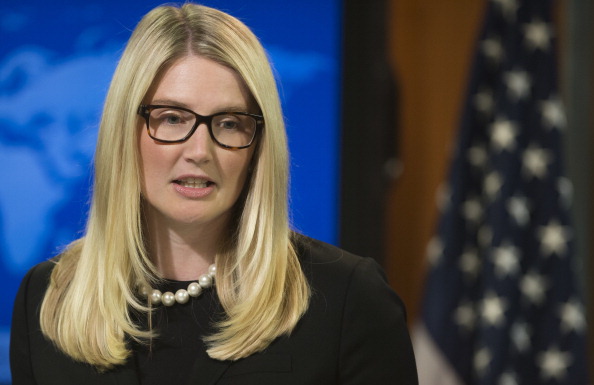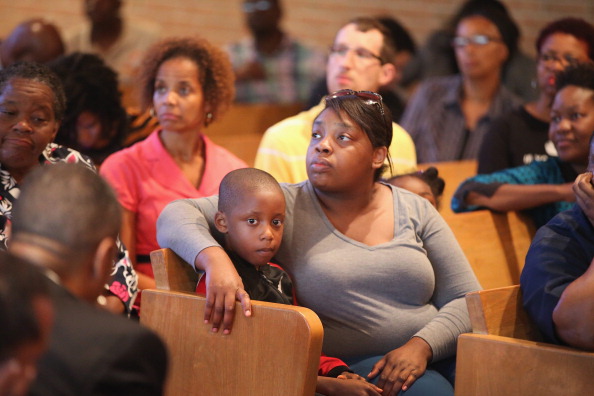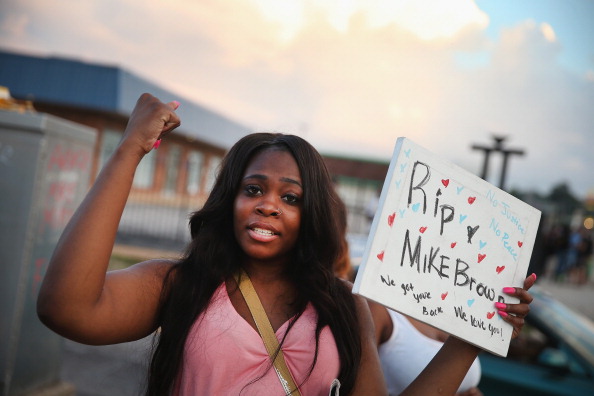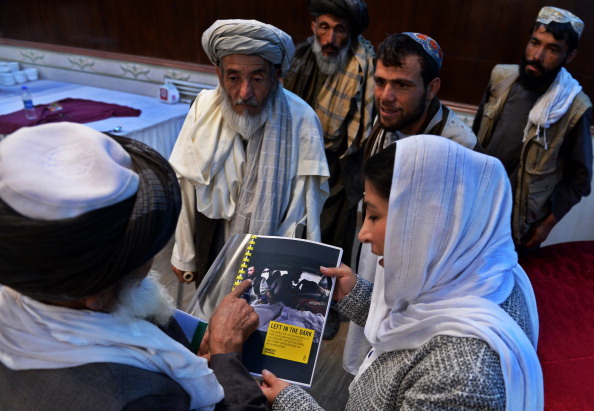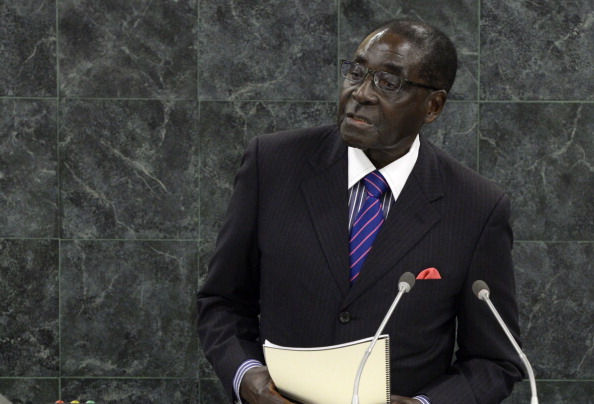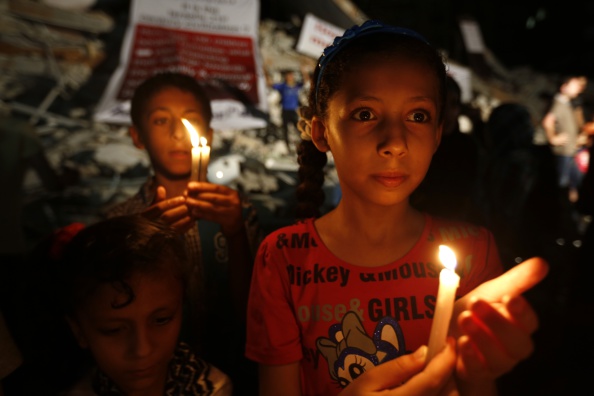
Palestinian children light candles next the rubble of a destroyed building in Gaza City on August 27, 2014 after a long-term truce took hold following a deal hailed by Israel and Hamas as ‘victory’ in the 50-day war. (Photo credit: MOHAMMED ABED/AFP/Getty Images)
By Philip Luther, Director of the Middle East and North Africa Program at Amnesty International
We have seen, over and over again ceasefires dissipate in the dust of renewed bombings. Here are three basic human rights which must not be neglected if there is to be any hope for a just and sustainable peace.
The newly brokered truce between Israel and the Palestinians will be meaningless if it is not built solidly upon human rights, which must be at the heart of any attempt to stop the cycle of war crimes and other gross violations recurring incessantly. Without such a foundation, Palestinians and Israelis will continue to suffer.
![James Foley once said he reported from the Middle East because, "We're not close enough to it. And if reporters, if we don't try to get really close to what these guys - men, women, American [soldiers] ... are experiencing, we don't understand the world" (Photo Credit: Jonathan Wiggs/The Boston Globe via Getty Images).](https://blog.amnestyusa.org/wp-content/uploads/2014/08/453861316.jpg)

